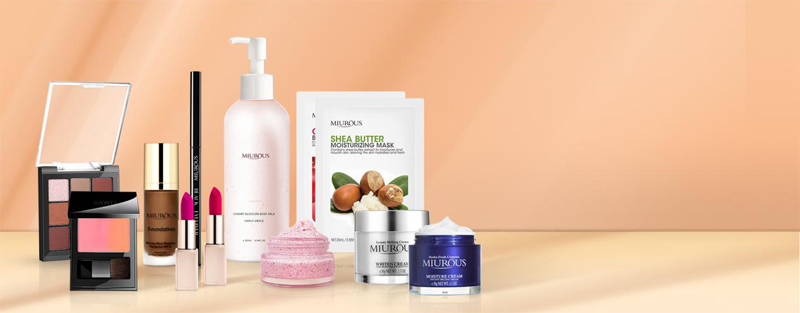Great skin is not simply a matter of DNA — your daily habits, in fact, have a big impact on what you see in the mirror. But depending on which product reviews you read or doctors you consult, there is a dizzying number of opinions on everything from how to moisturize to how to protect yourself from UV rays. The now-famous Korean skincare routine looked like a trend when it first showed up in America.

Here are the steps for a good skincare regimen:
Oil-based cleansers are less irritating than a normal cleanser. They break down oil-based makeup, sunscreen and other debris. These cleansers prove to be effective in the removal of water-proof sunscreens as well.
The second part is to use a foaming/water-based cleanser to get rid of the accumulated sweat and dirt.
Take a small amount of the exfoliate product on your palm and gently roll it in a circular motion on your face.Rinse off after minutes later.Exfoliation essentially means removing dead skin cells from your skin.Exfoliate your skin will make your skin appear brighter and more firm.
Apply eye cream. You can apply regular moisturizer to your under-eye area, but if you decide to use a specialized eye cream, you’ll typically want to layer it underneath moisturizer, since eye creams tend to be thinner than face moisturizers. Try using an eye cream with a metal roller-ball applicator and storing it in the fridge to counteract puffiness in the morning. Using a hydrating eye cream at night can cause fluid retention that makes eyes look puffy in the morning.
Use spot treatment. It’s a good idea to use acne spot treatments at night, when your body is in repair mode. Be wary of layering acne-fighting ingredients like benzoyl peroxide or salicylic acids with retinol, which can cause irritation. Instead, make sure you’re doing the most to keep skin calm and hydrated.
Moisturize. Moisturizer both hydrates skin and locks in all the other layers of product you’ve applied. Look for a lightweight lotion for the morning, ideally with SPF 30 or higher. In the evening, you can use a thicker night cream. Those with dry skin may want to use a cream morning and night.
Apply retinoid. Retinoids (vitamin A derivatives including retinol) can reduce dark spots, breakouts, and fine lines by increasing skin-cell turnover, but they can also be irritating, especially for sensitive skin. If you use retinoids, know that they break down in the sun, so they should only be used at night. They also make your skin extra-sensitive to the sun, so sunscreen is a must.
Apply face oil. If you use a face oil, make sure to apply it after your other skin-care products since nothing else will be able to penetrate the oil.
Apply sunscreen. It may be the last step, but nearly any dermatologist will tell you that sun protection is the most important part of any skin-care regimen. Protecting your skin from UV rays can prevent skin cancer and signs of aging. If your moisturizer doesn’t contain SPF, you still need to wear sunscreen. For chemical sunscreens, wait 20 minutes before going outside for the sunscreen to be effective. Look for broad-spectrum SPF, meaning that your sunscreen protects from both UVA and UVB radiation.